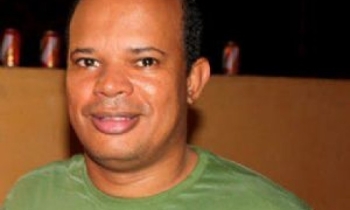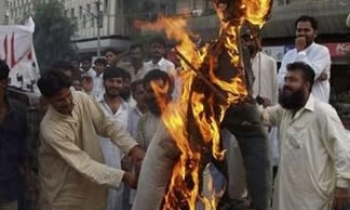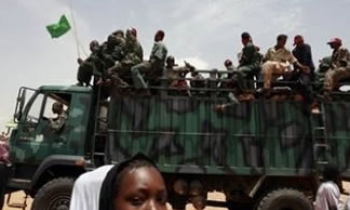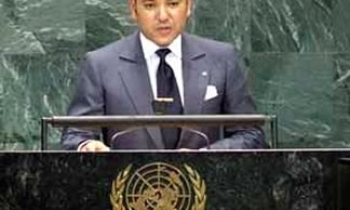NAIROBI, 15 March (IRIN) - Political divisions in Ethiopia have led to a crackdown on privately owned newspapers, self-censorship by the media, and the imprisonment of journalists on charges that include treason and genocide, a media watchdog has reported.
After spending a week in Ethiopia, a delegation of the Committee to Protect Journalist (CPJ) concluded that protests by opposition groups against the outcome of last year's general elections, in which the ruling Ethiopian People's Revolutionary Democratic Front retained power, triggered a government backlash.
It was not immediately possible to get an Ethiopian government comment on the CPJ report.
CPJ said months of political wrangling over allegations of polling irregularities came to a head in early November when the opposition's call for a national strike led to widespread demonstrations that turned violent.
Fourteen journalists were among scores of people detained in the midst of the disturbances. They face various charges, including genocide and treason, which carry a possible death sentence. "Authorities issued a 'wanted' list of editors, writers and dissidents; raided newspaper offices, blocked newspapers from publishing; drove a number of journalists into hiding and exile; and expelled two foreign reporters," CPJ said in its preliminary report. Several other journalists have recently been arrested and sentenced under Ethiopia's press law, which prohibits defamation, publishing "false news" and insulting the Ethiopian government or security forces, according to CPJ.
In meetings with the watchdog group, government officials said the crackdown was necessary because of inflammatory reporting by journalists, whom they accused of being part of a conspiracy to overthrow constitutional order. They blamed much of the private press for being captives or agents of the opposition.
Representatives of the private press told CPJ that journalists were being punished for critical reporting. The Ethiopian government, they said, had made balanced coverage impossible by refusing to talk to independent reporters. Local journalists complained of constant government harassment, as well as subtle forms of censorship, including pressure on printers not to print their newspapers.









